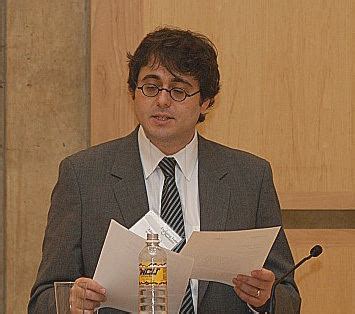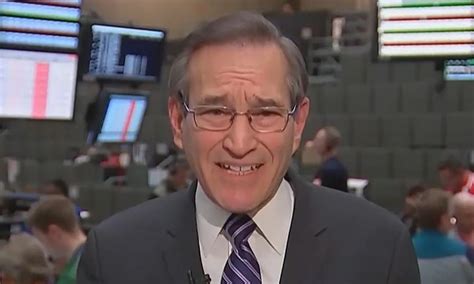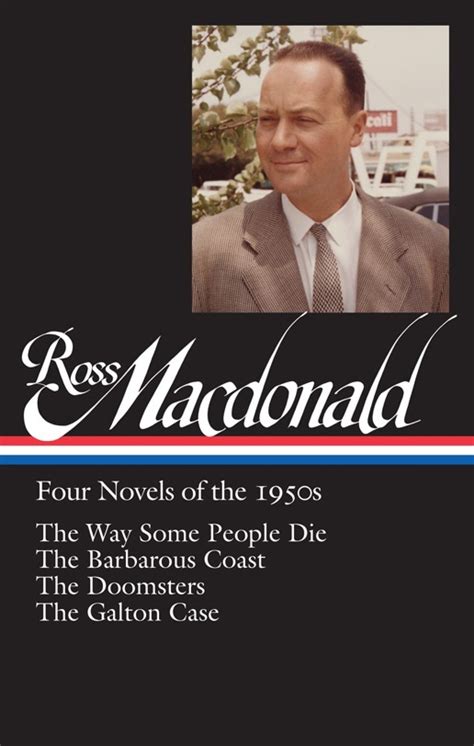A Quote by Meg Cabot
It's what's known as an origin myth. What happened to me? That's no myth.
Related Quotes
Dream is personalized myth, myth is depersonalized dream; both myth and dream are symbolic in the same general way of the dynamics of the psyche. But in the dream the forms are quirked by the peculiar troubles of the dreamer, whereas in myth the problem and solutions shown are directly valid for all mankind.
The great wheel of fire of ancient wisdom, silence and word engendering the myth of the origin, human action engendering the epic voyage toward the other; historical violence revealing the tragic flaw of the hero who must then return to the land of origin; myth of death and renewal and silence from which new words and images will arise, keeps on turning in spite of the blindness of purely lineal thought.
But myth is something else than an explanation of the world, of history, and of destiny. Myth expresses in terms of the world - that is, of the other world or the second world - the understanding that man has of himself in relation to the foundation and the limit of his existence. Hence to demythologize is to interpret myth, that is, to relate the objective representations of the myth to the self-understanding which is both shown and concealed in it.
But the myth of power is, of course, a very powerful myth, and probably most people in this world more or less believe in it. It is a myth, which, if everybody believes in it, becomes to that extent self-validating. But it is still epistemological lunacy and leads inevitably to various sorts of disaster.







































